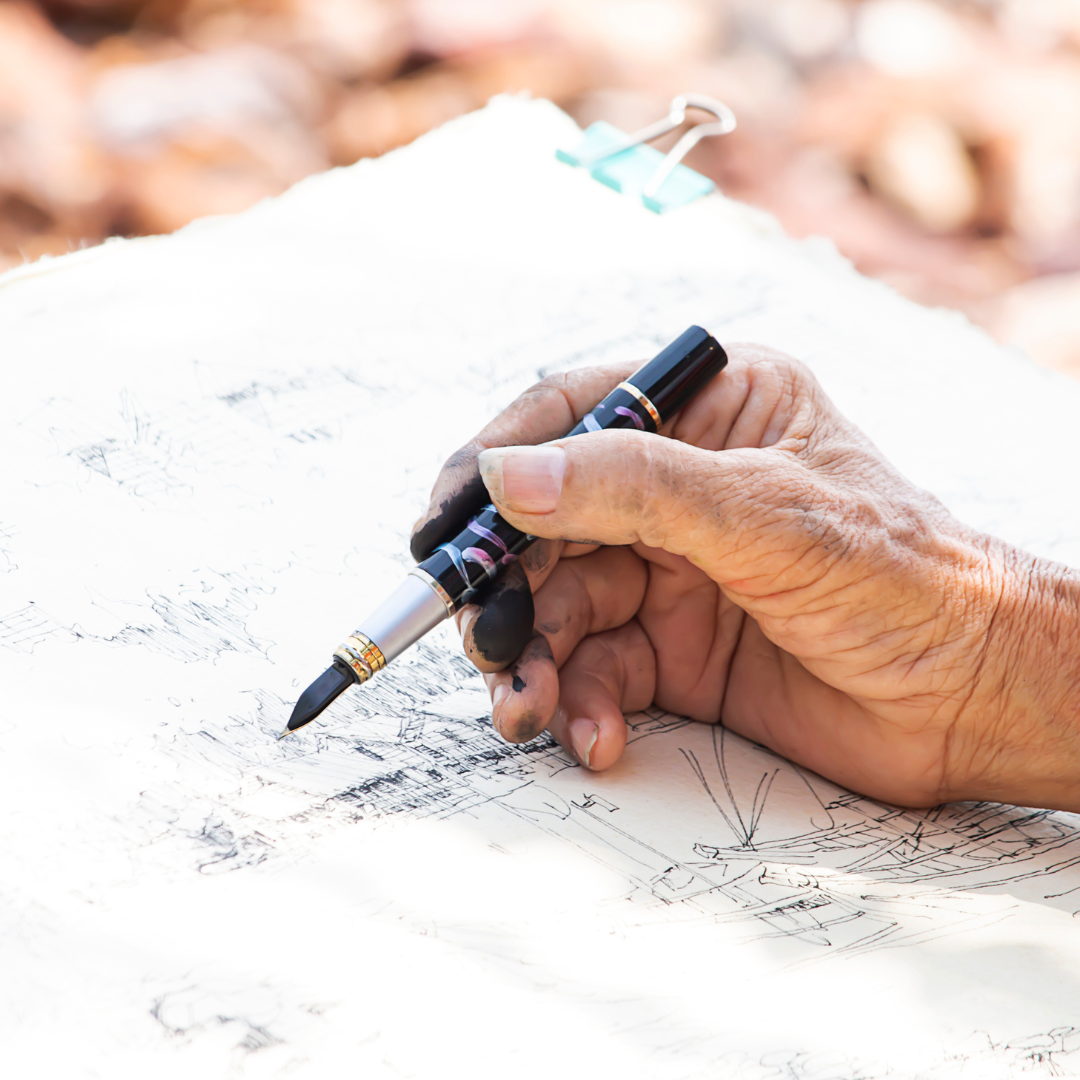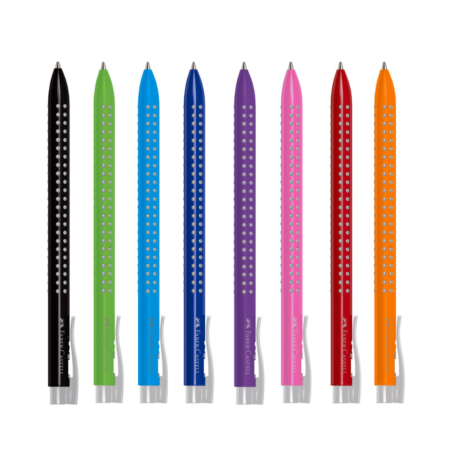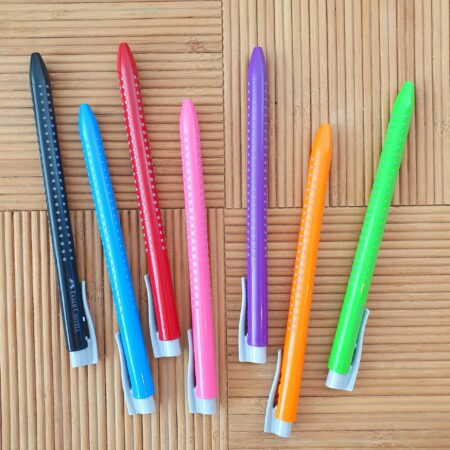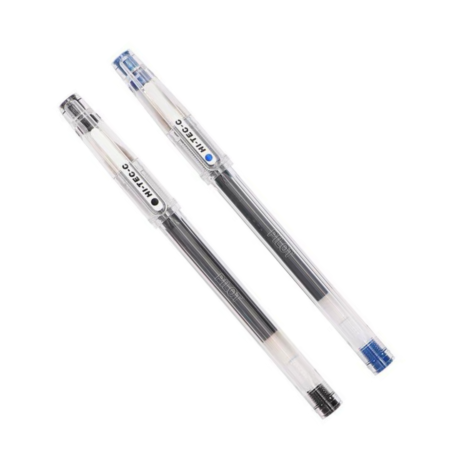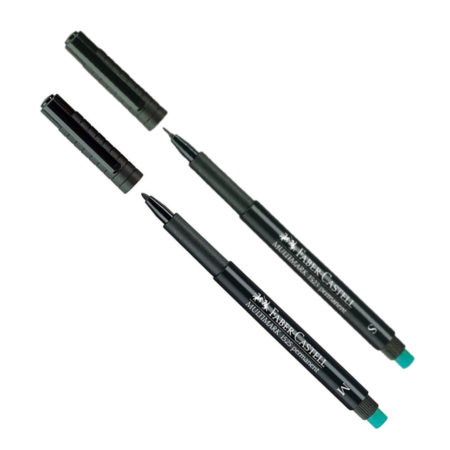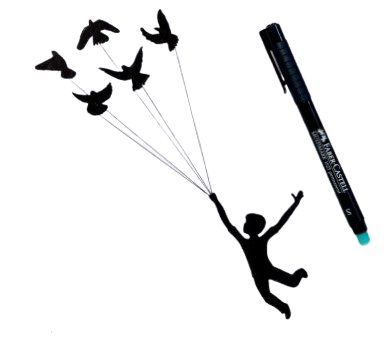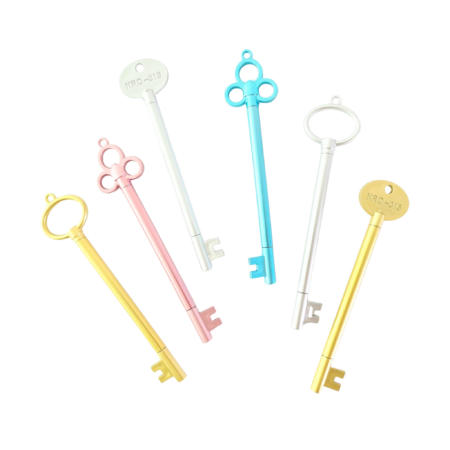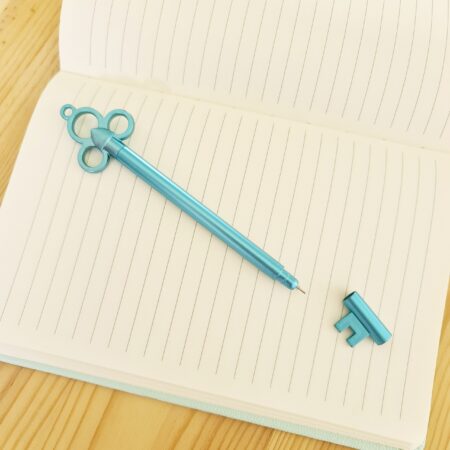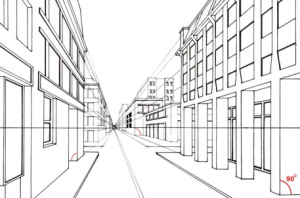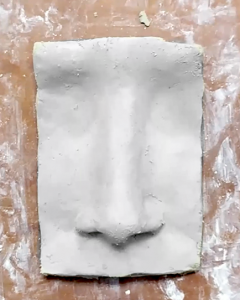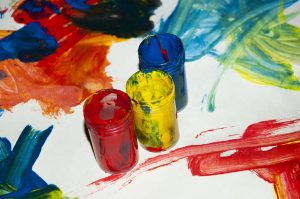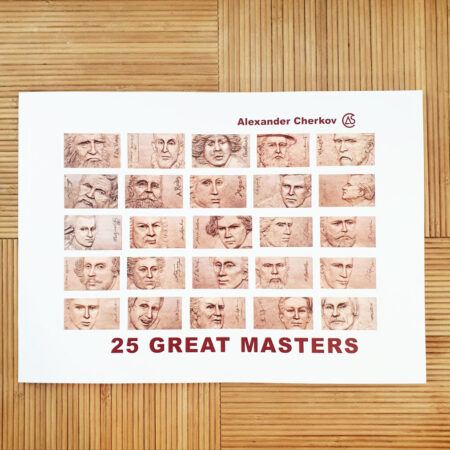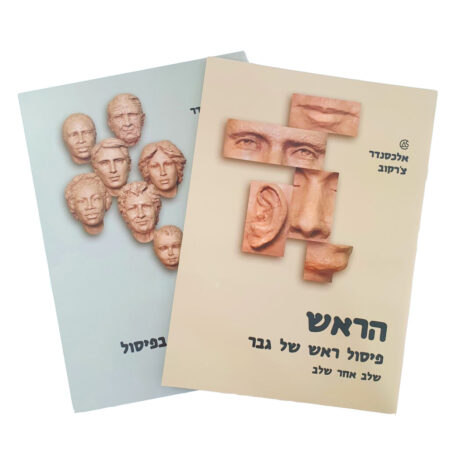Pen drawing has proven to be a versatile art medium for professional artists as well as simple sketches. Their low cost, availability and simple portability make this common writing tool an alternative and convenient artistic medium. They are great for mixed media projects and blend great with other drawing and painting media. Who among us has not found himself in the middle of a phone call, a meeting or a lecture with a pen in hand scribbling spontaneous drawings and even enjoying it. There are a variety of techniques in drawing with pens that can provide surprising artistic expression and are definitely worth getting to know.
Facts and Features of Pens
- Pens are ink-based drawing tools that are suitable for use on paper mainly and come in different types and thicknesses.
- Pens are in prominent artistic use by illustrators and designers. Pen drawings can also be found in well-known painters and sculptors such as Pablo Picasso, Henri Matisse, Henry Moore and others.
- The initial form of the pen was a quill dipped in ink, since then many other types of pens have been developed and invented.
Types of pens available in the market
- עט נובע - Nail holder and ink cartridge, invented in the USA in the late 19th century.
- ballpoint pen – Having a tiny steel ball at its end, gained popularity towards the middle of the 20th century. The small ball is inside a metal cone to which a tube containing ink is attached. The movement of the ball is free and as a result of its friction on the paper it rotates and applies a layer of ink.
- Gel pen - Invented by the Japanese company "Sakura" in the 80s of the 20th century, the same company is also the one that invented the gel ink itself, which is an opaque and thick ink. It shows up more clearly on dark paper and many of the gel pens come in light or glowing (fluorescent) shades.
- Graphic pen - Used by engineers or architects to draw lines of fixed width for architectural, engineering or technical drawings. Also useful among illustrators and designers.
- Pen alone Colored pens that can be seen as a kind of Markers With a very thin tip.
Emotional dimension and personal expression that allows registration in pens
The pens allow for a line drawing that reflects the creator's feelings: a flowing, fragmented, rigid, running line. Combining breathing exercises can be helpful for controlling the line and expressing emotions. The pens require repetition and fluency of hand movement and make it possible to work on the rejection of gratifications, concentration and inner harmony. The pens require patience and perseverance in creating nets for the illusion of volume and depth. Even if there is no image in the head, the pen drawing offers a rhythmic and repetitive work that brings with it inner concentration and a kind of meditation, such a process opens a window to give consciousness and from there images begin to emerge from the drawing of the paper.
Drawing with pens - equipment and related materials
- Registration paper - Almost any type of paper will be suitable for drawing in pens, the recommended formats are A6, A5, A4. It is recommended to combine papers in different shades and colors, for example black paper for gel pens.
- Graphite pencils – Ink is a very unforgiving medium. Once you make a mistake, the best you can do is try to cover it up by incorporating the mistake into the drawing. At worst, you'll have to start over. That's why a pencil is useful for creating a delicate sketch, it's important not to put pressure on the pencil.
Tips and tricks for the process of working with pens
- Pens that are permanent and not soluble in water can be combined with drawing In watercolor, as a basis for drawing with pens or drawing on top.
- The pens are mainly used for drawing lines. If you want to create a stain or illusion of volume, do so by creating grids of lines or lots of dots. A denser mesh will create a darker stain.

Pen products
- The "Faber Castell fine point pen set" cannot be added to the shopping cart - the product is out of stock.

